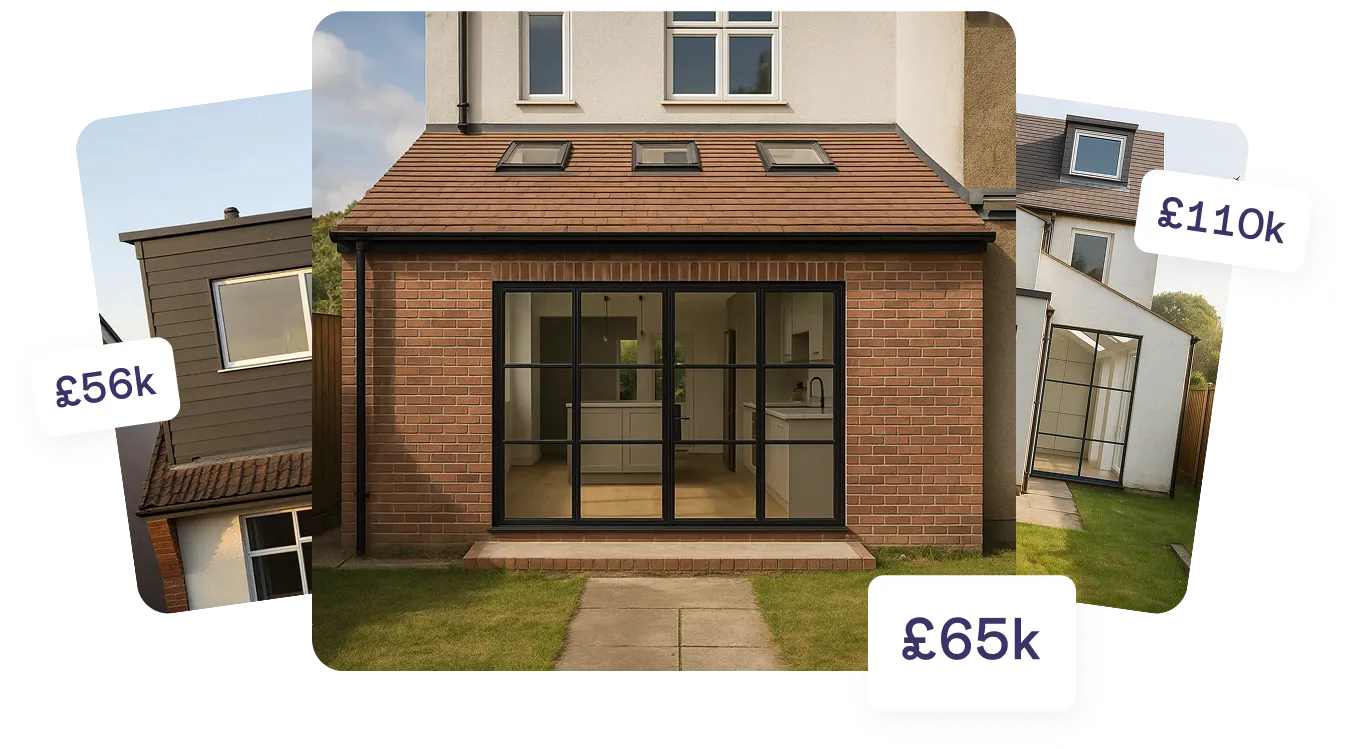You see them in films, perhaps in home magazines or as part of grand TV projects - the converted building. Once a church, now a home for four. Once a warehouse, now a set of trendy London flats.
If you’re looking to buy your own ‘fixer-upper’ outside of the residential box, then here’s our guide from taking commercial buildings and transforming them into a dream home…
How do I convert my commercial property to residential?
Want to get started on your build but not sure how to secure planning permission? Here are the main stages involved…
- Consult with an architect or your local authority
- Conduct a measured survey, if you don’t already have existing drawings
- Have an architect prepare your proposed designs and put together your planning package
- Optional: for larger projects, you may choose to submit a pre-application
- Submit either a full planning application or apply for either prior approval or a lawful development certificate
What is your property’s ‘use class’?
So you’ve found the ideal building to convert but what category does it fall into?
To sort Britain’s many buildings and their uses, local authorities sort them into ‘use classes’. They come in four classes: B, C, E, and F.
Class B: covers general industrial buildings (excluding those to do with waste or chemical treatment) and storage/distribution centres.
Class C: covers residential buildings, such as homes, hotels, and care facilities.
Class E: covers buildings related to commercial;, business, or service purposes, such as shops, nurseries, or administrative offices.
Class F: covers local community and learning centres, such as museums, public libraries, small shops that sell essential items, and meeting halls.
These classes come with their own detailed sub-categories, to get a full picture of what ‘use classes’ are about, see our full guide.
Please note: In September 2020, several use classes were revoked, including Class A, B, and D. Therefore, if you made any plans prior to this time, it might be worth checking in with an architect to learn about how the rules have changed.





